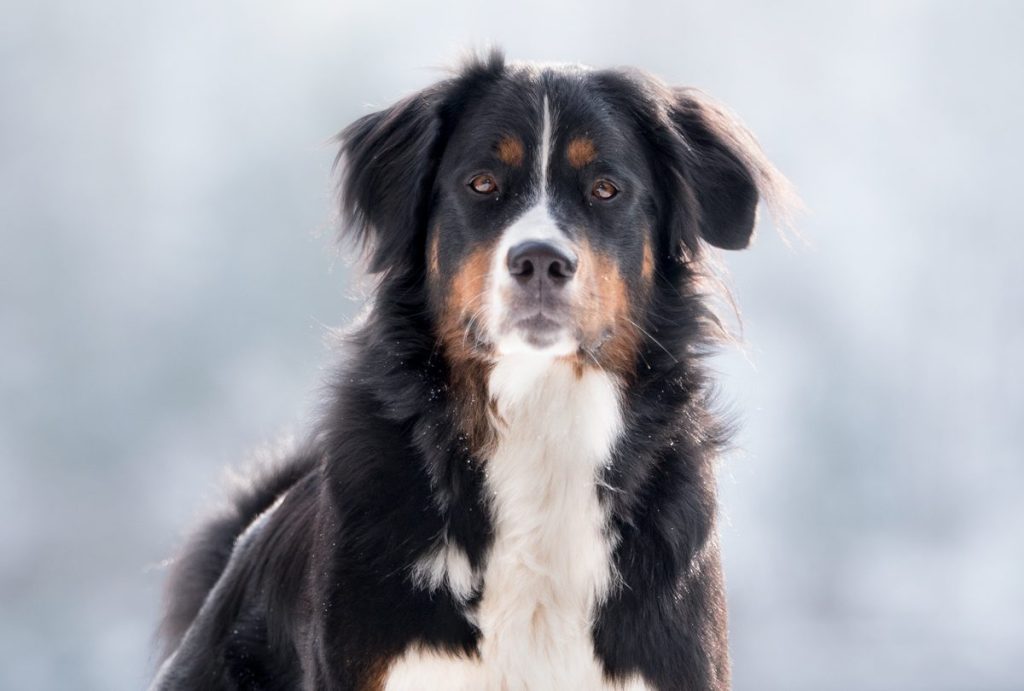The Golden Mountain Dog is a large to-giant-sized crossbreed between a Golden Retriever and a Bernese Mountain Dog. Gentle, friendly, and intelligent, these pups have inherited some of the best qualities from their parent breeds. Standing between 24 and 28 inches tall at the shoulder and weighing between 65 and 140 pounds, the Golden Mountain Dog can…





